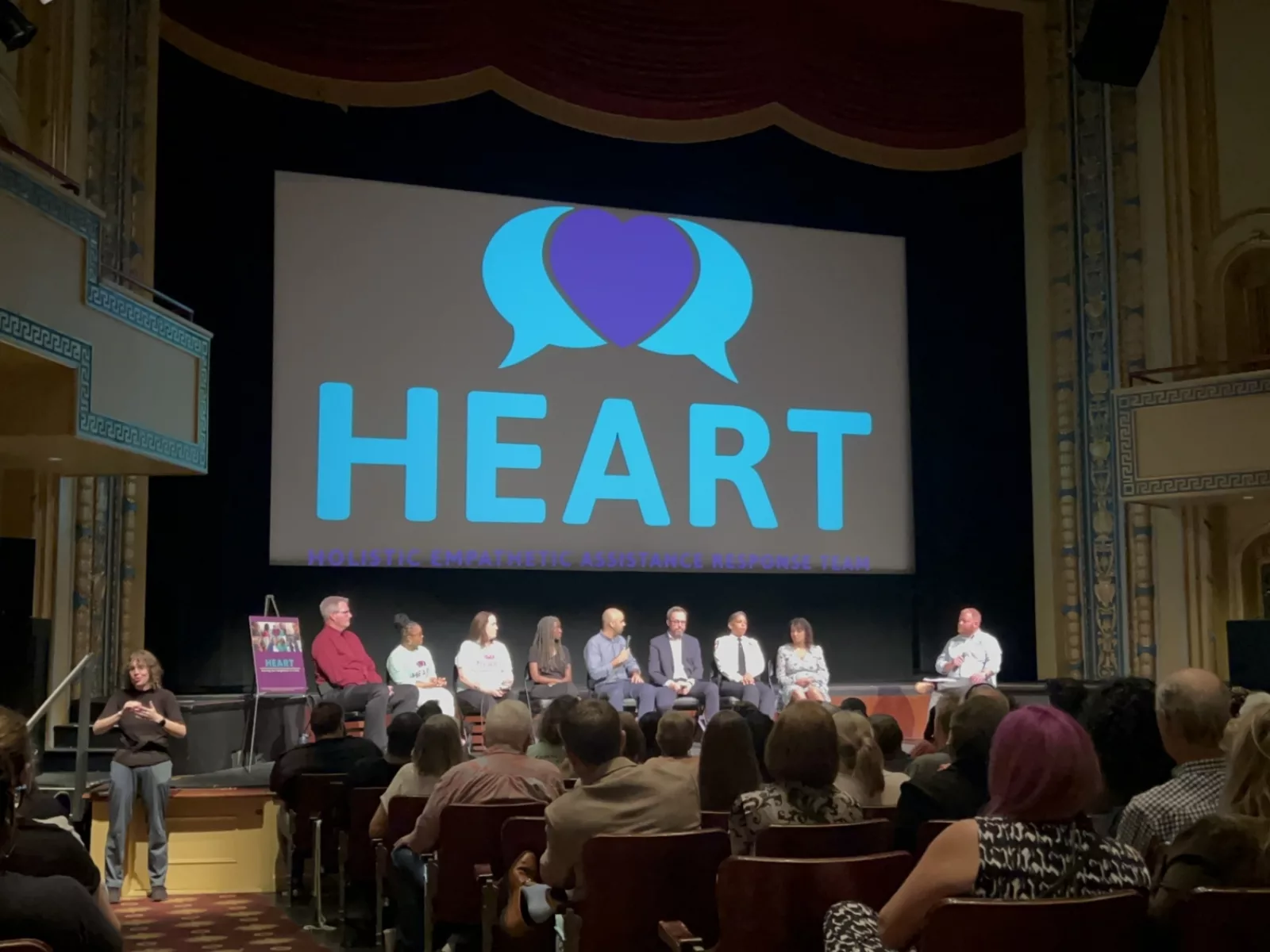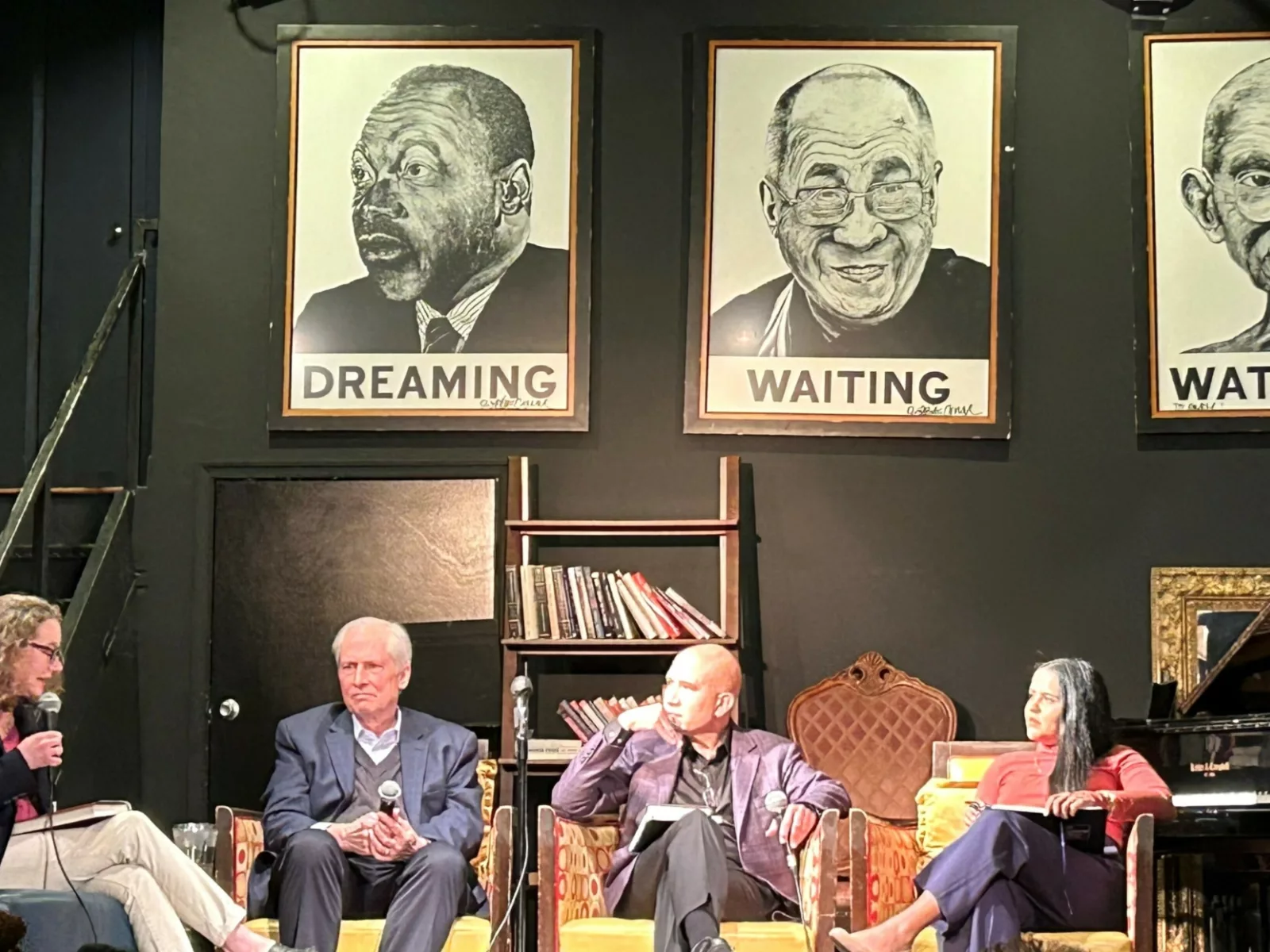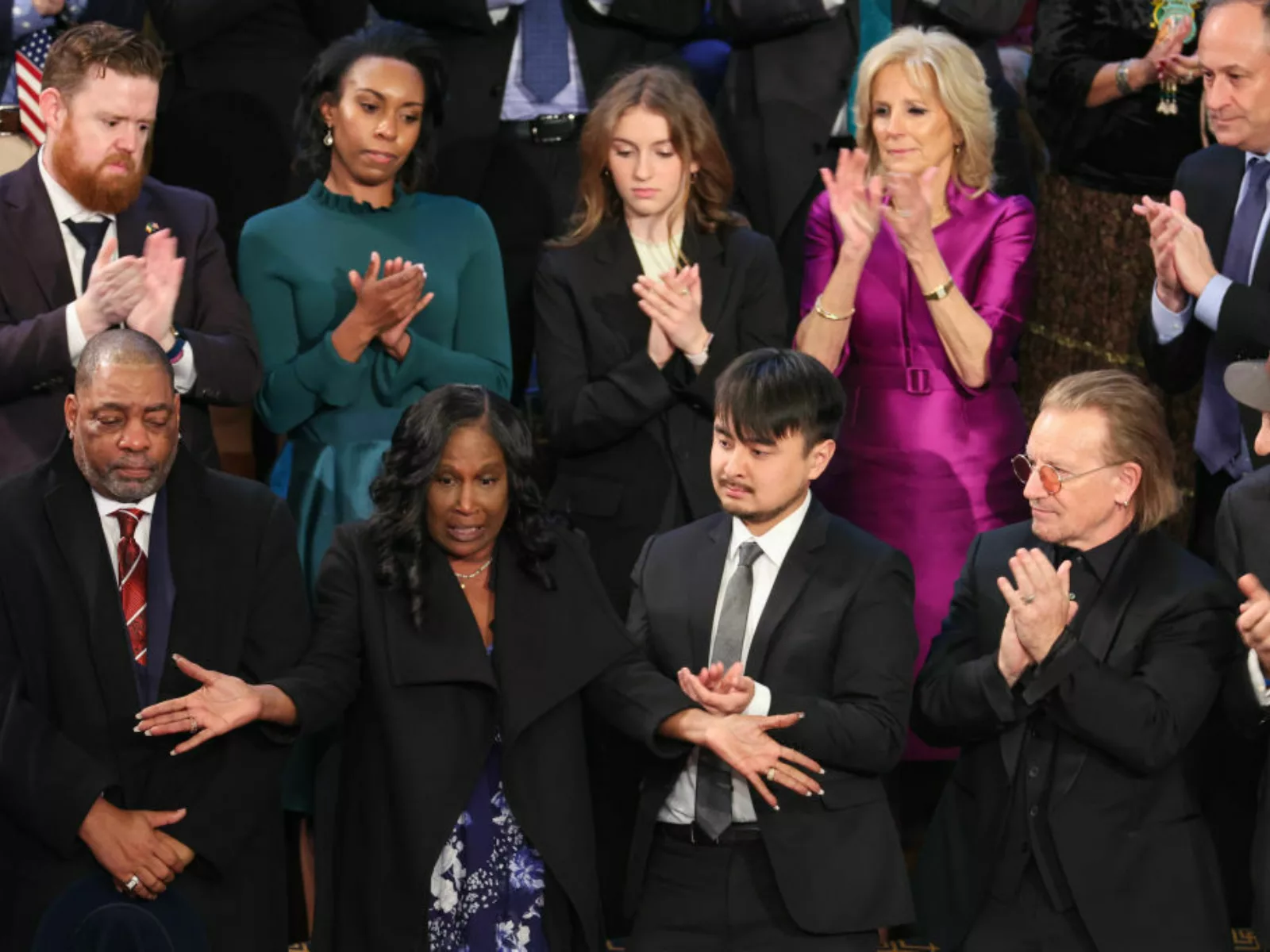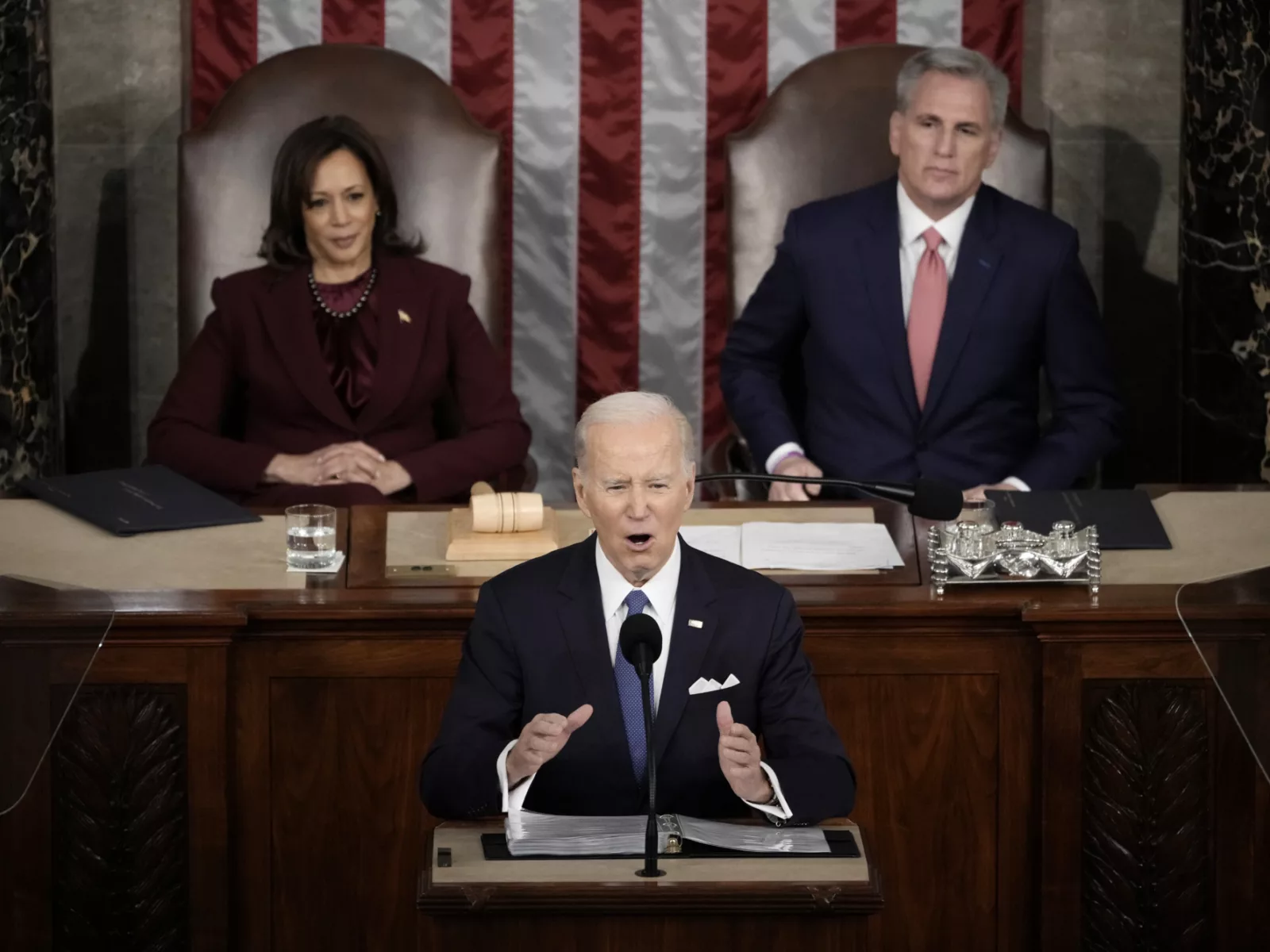The National Academy of Sciences reported in 2013 that basic information about gun possession, distribution, ownership, acquisition, and storage is deficient; without this information, it is almost impossible to answer questions about gun violence or to evaluate gun violence intervention.
In the six years since the report, experts say not much has changed.
Now, in partnership with Arnold Ventures, NORC at the University of Chicago is putting data at the center of the gun violence policy discussion by convening an expert panel to produce practical recommendations for creating a firearms data architecture. The data architecture will be used by local, state, and federal policymakers and their constituents.
Over the course of one year, the panel will meet three times to exchange ideas, review systems science literature, and hear testimony from experts. It will consider how to build data systems that answer fundamental questions on firearms policy such as:
- What do we know about currently available firearms data and data sources?
- How can firearms data infrastructure be designed that is most useful to both those who enter data and those who use it for policy making?
- How can agencies across government organize, share, and understand data collection?
- What are other critical research questions for policy making that cannot be answered today because of the lack of sufficient data?
From these convenings, the panel will produce three guiding documents, including a blueprint for the development and implementation of data projects. Ultimately, the panel will be charged with making a recommendation about the priority of new projects, considering both impact and timing.
Expert Firearms Data Infrastructure Panelists
Clarence Wardell, PhD, Director of City Solutions at Results for America (panel chair)
Ruth Abaya, PhD, Attending Physician at the Children’s Hospital of Philadelphia and Assistant Professor of Pediatrics at the University of Pennsylvania
Catherine Barber, MPA, Research Manager of the Means Matter Campaign at the Harvard School of Public Health’s Injury Control Research Center
Phil Cook, PhD, Economist and Professor Emeritus in Public Policy, Economics, and Sociology at Duke University
Dennis Culhane, PhD, Professor and the Dana and Andrew Stone Chair of Social Policy at the University of Pennsylvania
Rebecca Cunningham, PhD, Professor of Emergency Medicine and Interim Vice President for Research at the University of Michigan
Erin Dalton, MSPPM, Deputy Director for the Office of Analytics, Technology, and Planning at Allegheny County, Pennsylvania
Robin Jenkins, PhD, Associate Director at the Impact Center at Frank Porter Graham Institute at the University of North Carolina at Chapel Hill
Nola Joyce, former Deputy Commissioner of Organizational Services, Strategy, and Innovation at the Philadelphia Police Department and current partner and principal consultant with 21CP Solutions
Michael Mueller-Smith, PhD, assistant professor in the Department of Economics at the University of Michigan and a faculty associate at the Population Studies Center
Fatimah Muhammad, MS, Executive Director of the Health Alliance for Violence Intervention
Nancy Potok, PhD, an evidence based policy advocate and former Chief Statistician of the United States
Daniel Webster, PhD, Professor at the Bloomberg School of Public Health at Johns Hopkins University
Garen Wintemute, PhD, Professor at the University of California-Davis School of Medicine




















